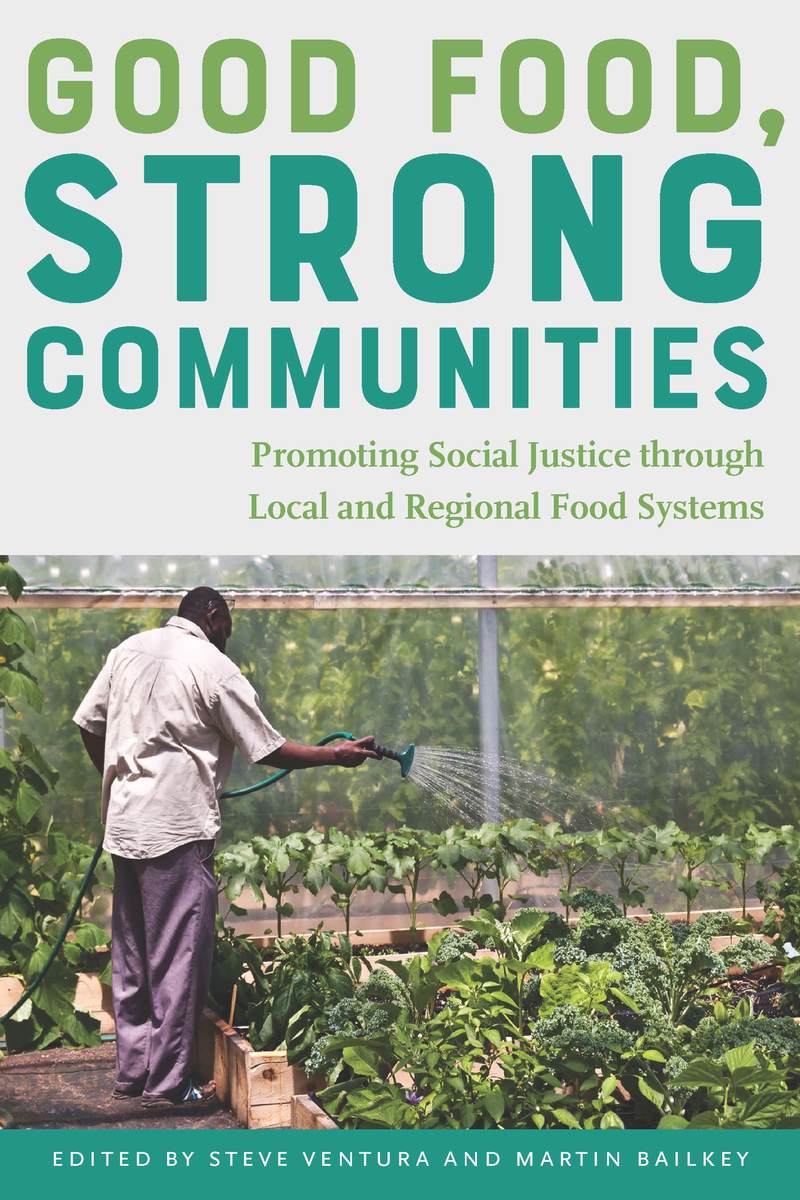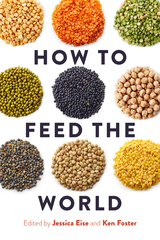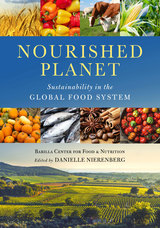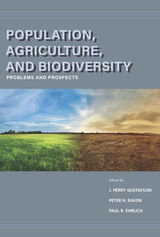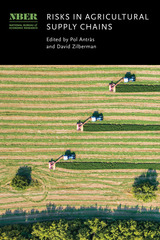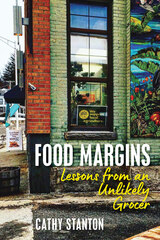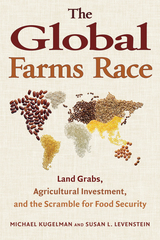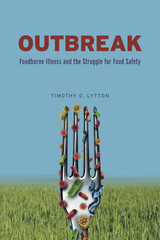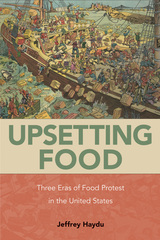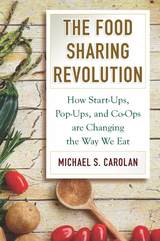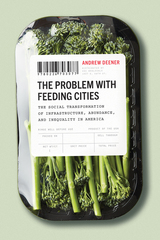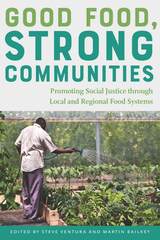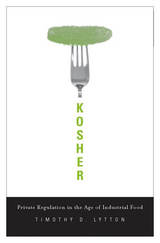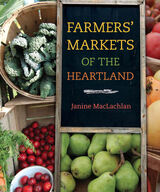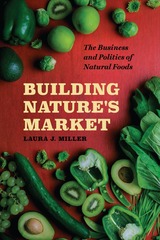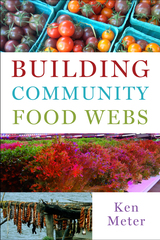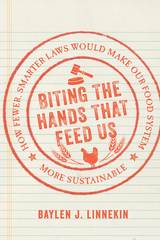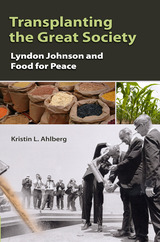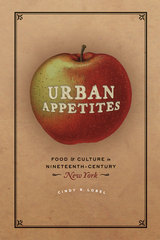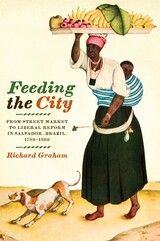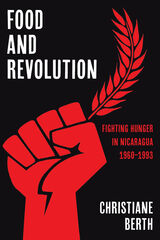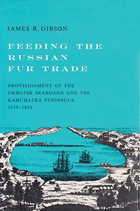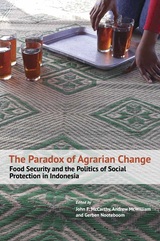Good Food, Strong Communities: Promoting Social Justice through Local and Regional Food Systems
University of Iowa Press, 2017
Paper: 978-1-60938-543-9 | eISBN: 978-1-60938-544-6
Library of Congress Classification HD9005.G66 2017
Dewey Decimal Classification 338.1973
Paper: 978-1-60938-543-9 | eISBN: 978-1-60938-544-6
Library of Congress Classification HD9005.G66 2017
Dewey Decimal Classification 338.1973
ABOUT THIS BOOK | AUTHOR BIOGRAPHY | REVIEWS | TOC | REQUEST ACCESSIBLE FILE
ABOUT THIS BOOK
Many Americans are hungry, while others struggle to find healthy foods. What are communities doing to address this problem, and what should they be doing? Good Food, Strong Communities shares ideas and stories about efforts to improve food security in large urban areas of the United States by strengthening community food systems. It draws on five years of collaboration between a research team comprised of the University of Wisconsin, Growing Power, and the Michael Fields Agricultural Institute, and more than thirty organizations on the front lines of this work in Boston, Chicago, Detroit, Milwaukee, Minnesota, Los Angeles, Madison, and Cedar Rapids. Here, activists and scholars talk about what’s working and what still needs to be done to ensure that everyone has access to readily available, affordable, appropriate, and acceptable food.
The approach begins by laying out the basic principles of food security and food justice in light of the diversity of food system practices and innovations in America’s cities. The contributing authors address land access for urban agriculture, debates over city farming, new possibilities in food processing, and the marketing of healthy food. They put these basic elements—land, production, processing, and marketing—in the context of municipal policy, education, and food justice and sovereignty, particularly for people of color. While the path of a food product from its producer to its consumer may seem straightforward on the surface, the apparent simplicity hides the complex logistical—and value-laden—factors that create and maintain a food system. This book helps readers understand how a food system functions and how individual and community initiatives can lessen the problems associated with an industrialized food system.
The approach begins by laying out the basic principles of food security and food justice in light of the diversity of food system practices and innovations in America’s cities. The contributing authors address land access for urban agriculture, debates over city farming, new possibilities in food processing, and the marketing of healthy food. They put these basic elements—land, production, processing, and marketing—in the context of municipal policy, education, and food justice and sovereignty, particularly for people of color. While the path of a food product from its producer to its consumer may seem straightforward on the surface, the apparent simplicity hides the complex logistical—and value-laden—factors that create and maintain a food system. This book helps readers understand how a food system functions and how individual and community initiatives can lessen the problems associated with an industrialized food system.
See other books on: Agriculture & Food | Agriculture & Food Policy | Food supply | Local foods | Urban agriculture
See other titles from University of Iowa Press
